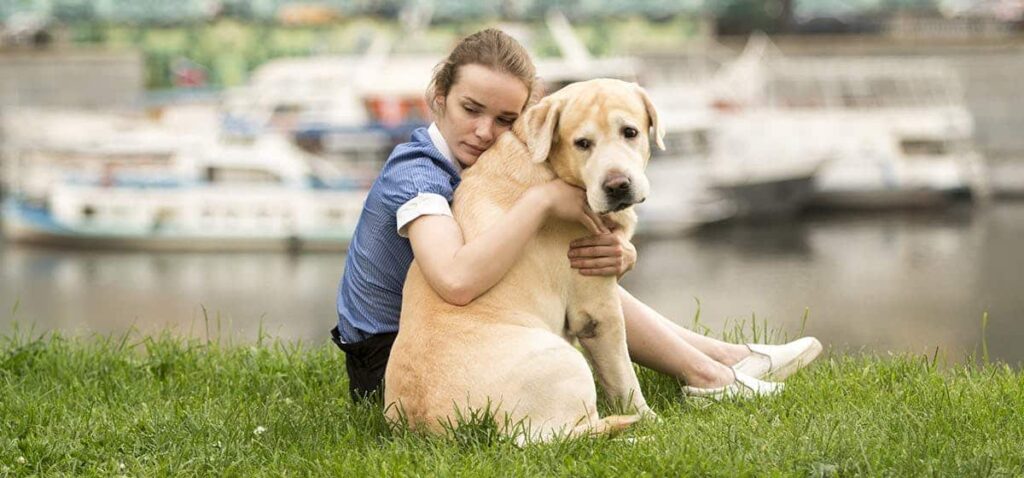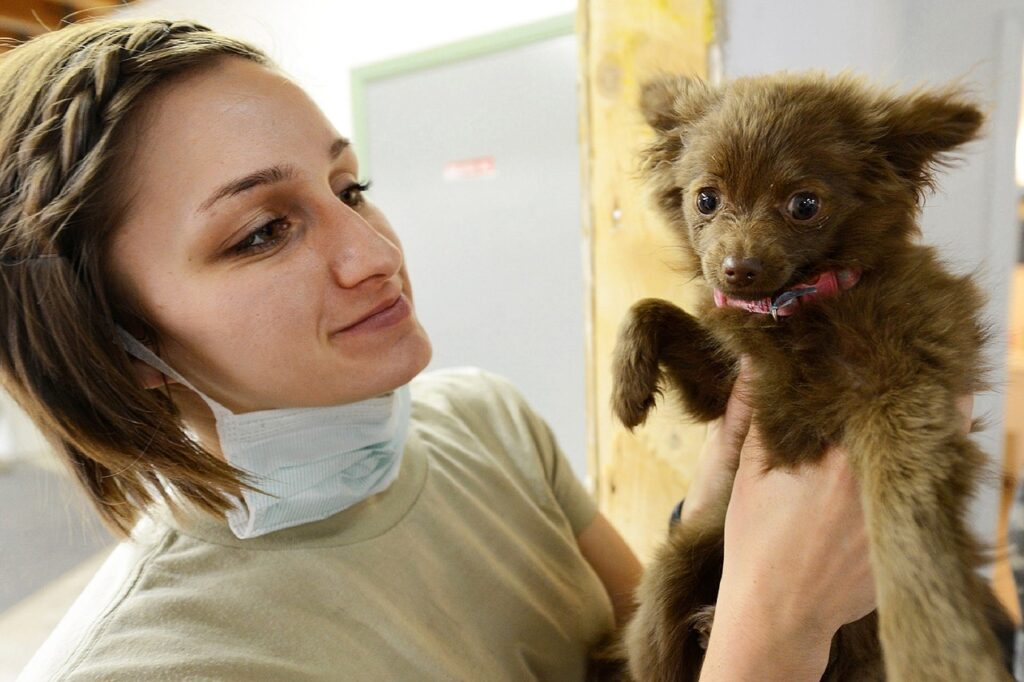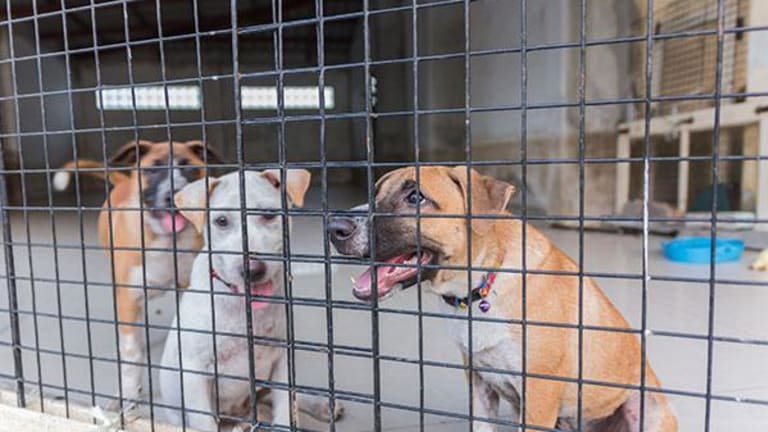If you have even made rehoming decision, then you know it is not an easy decision.
Lots of time, you will be left with the guilt of leaving your faithful furry friend in the hands of a stranger.
You will keep wondering if the new family is taking good care of him and if he misses you and wants back.
If you let go of the dog under extenuating circumstances, you might easily start toying with the idea of getting your dog back.
Can You Get Back Your Dog After Rehoming?

The short answer is: it depends.
If you sold your dog to the new owner, then you will have waived any legal right to the dog.
The person who bought the dog is now the new owner and has all possession rights, so you might be out of luck.
The only exception would be if there was a contractual agreement that the new owner would agree to sell you back the dog for whatever reasons agreed upon.
If there was no binding agreement, you can still approach them and ask them to sell you back the dog.
This is a long shot and there is very little chance of success but it won’t hurt to try. If they decline your offer, you might have no choice but to accept and move on.
If your dog was sold without your consent, you might have some legal recourse. In such a case, the person who sold your dog could be charged with theft.
If it was a family member or friend, you might have to think of the legal implications of such a charge on them before you proceed.
But if the court gets enough evidence that your dog was sold without your consent, you might have a chance of getting your dog back.
Another way you can get your dog back after rehoming is if you found out that your dog was being mistreated by the new owner.
Because the law has to protect both parties, you will have to provide proof beyond reasonable doubt that the new owners were mistreating the dog.
If you catch wind of mistreatment, talk to your lawyer first before getting your hopes up.
The lawyer will help you to look at the facts from the lens of the law and advice on your chances of winning the case.
Lastly, you could readopt your dog if he was returned by the new owners to a shelter.
Again, this is a long shot but it could happen. The new owner may decide they don’t need the dog anymore for their reasons.
If you are in touch with them, they might even reach out to you before they take the dog to a shelter.
Related Posts:
If Someone Gives You A Dog, Can They Legally Take It Back?
Someone Gave My Dog Away Without My Permission: What Can I Do?
Will Your Dog Miss You After Rehoming?

Dogs form emotional attachments to their owners and so your dog will most likely miss you after joining a new family.
In some cases, the dog might even get depressed. This will make the dog to be lethargic and have a decreased appetite.
The dog might even refuse to play fetch or do any interesting activity with their new family members.
Such signs in a dog might confuse the new owners into thinking the dog is sickly or there is something wrong with them.
But with lots of love and patience, the dog will eventually get over the depression and bond with the new family just fine.
Canine experts believe that a dog needs around three weeks to acclimatize to the new home after which he should be back to his usual jovial self.
What to Do If You Can’t Get Back Your Rehomed Dog

Even though there are some ways of getting back your dog after rehoming, getting your dog back may not always be possible.
In some situations, you may just be suffering from separation anxiety or you may be overwhelmed with guilt.
As long as the dog found a nice home, you may want to allow him to settle in and start a new chapter of his life.
But this is easier said than done because of the pain of separation from such an important member of your family.
The best way to deal with the guilt of rehoming your dog is to focus on the reasons why you made the decision.
Instead of second-guessing yourself, just remind yourself what made you decide to rehome your furry friend.
For instance, if you were too busy or had to travel overseas for an indefinite time, then you probably made a good decision to rehome your dog.
It may also do you good to accept the situation. Instead of wasting time on hypotheticals, it is better to focus on the fact that your dog has found a new home where he will be taken care of and will be happy for the rest of his life.
If you believe that you would have handled the situation better, forgive yourself for any actions or inactions that might have resulted in you making the rehoming decision.
It may also be a good idea to find a distraction that will help you reduce the time you spend worrying about the dog.
Find a new hobby that will occupy most of your free time. If possible, get a hobby like fishing, golfing, or any other kind of hobby that will take you outdoors more.
Spending time out in nature will help you to get revitalized and help you have an optimistic outlook.
Finally, you may want to consider getting a new dog. Yes, each dog has a different personality and you will never get one that is the same as the one you let go.
But you can at least get some company and that might help you to get over the other one.
But before you start looking for a new dog, make sure you are in a position to be with him for the long haul.
This will save you the unnecessary heartache of adopting a new puppy only for you to realize that you may have to rehome him again.
Related Post: Pros and Cons of Adopting Vs. Buying a Pet
Parting Thoughts
The decision to rehome your dog is anything but easy – but there are lots of scenarios when this is the best option for both you and the dog.
For instance, if you are relocating overseas, it might be best to rehome your dog.
But once you make this decision, you may not have a lot of success in reversing it if you change your mind.
If you sold your dog, the new owner will have the legal right of ownership.
This means the chances of getting back your rehomed dog are slim – unless there was a contractual agreement you entered with the new owner that allows you to get the dog back.
Related Post: How Long Before A Stray Dog Is Legally Yours?
As an Amazon Associate, we may receive a small commission from qualifying purchases but at no extra cost to you. Learn more. Amazon and the Amazon logo are trademarks of Amazon.com, Inc, or its affiliates.

